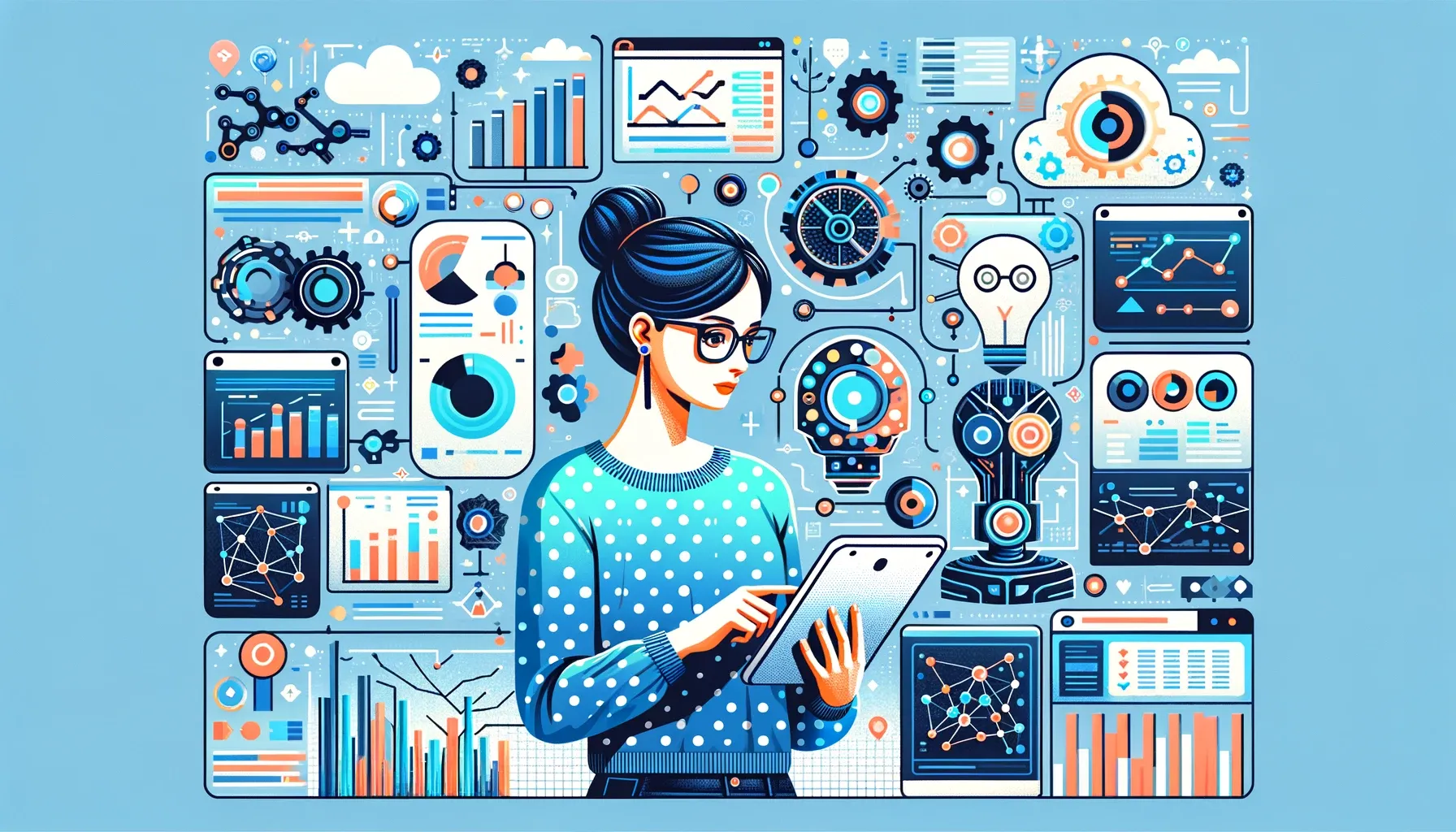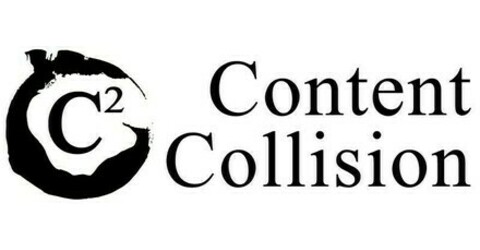Unlocking efficiency: 8 ways AI automates B2B marketing tasks
Discover how artificial intelligence is streamlining B2B marketing, offering innovative solutions for repetitive tasks.

The emergence of artificial intelligence (AI) has signaled a new era in the business world, particularly in B2B marketing. AI's ability to learn, adapt, and execute tasks with unprecedented speed and accuracy is transforming traditional marketing methodologies. By automating repetitive and time-consuming tasks, AI is enabling marketers to focus on strategic planning and creative aspects of campaigns, thereby increasing efficiency and productivity.
As AI continues to evolve, its impact on B2B marketing becomes more profound. Marketers are now leveraging AI technologies to automate complex processes, analyze vast amounts of data for actionable insights, and deliver personalized customer experiences. This technological advancement not only enhances operational efficiencies but also drives significant improvements in customer engagement and conversion rates.

8 ways AI can automate your repetitive B2B marketing tasks
Artificial intelligence (AI) is quietly reshaping the way B2B marketers approach their daily tasks. With a focus on automation, these technologies promise to streamline operations.
Here are 8 tasks that AI can automate:
1. Content creation
The task of generating fresh content consistently is daunting. OpenAI's GPT, an AI tool, addresses this by offering a mechanism to produce various forms of marketing content. It's a straightforward service where the cost is determined by how much you use it, aiming to simplify the content creation process without much fanfare.
2. Email marketing automation
Personalizing emails en masse is a repetitive task that can benefit from automation. Mailchimp uses AI to tailor email content to the recipient's behavior, aiming to improve engagement metrics. The service spans from a basic, cost-free plan to more advanced options, starting at US$9.99 a month, making the task of email marketing less tedious.
3. Customer segmentation
Handling vast amounts of customer data for segmentation is a critical yet monotonous task. HubSpot's CRM platform uses AI to automate this process, allowing for targeted marketing strategies without the usual hassle. The platform is accessible with a free starter plan, with more comprehensive features available from $50 a month.
4. Lead scoring
Salesforce Einstein applies AI to automate the ranking of leads based on their potential to convert, a necessary but repetitive activity for marketers. This system starts at $75 per user each month, offering a method to prioritize leads effectively, aiming for efficiency in lead management.
5. Chatbots for customer service
AI-powered chatbots, like those offered by Intercom for $39 a month, manage customer inquiries autonomously. This automation aims to maintain customer satisfaction levels without continuous human input, addressing the routine task of handling basic customer queries.

6. Ad optimization
Google Ads leverages machine learning to enhance ad targeting and optimization, a process typically marked by trial and error. This approach, which costs on a pay-per-click basis, seeks to place ads more accurately, streamlining the ad placement strategy without overemphasis on its complexity.
7. Social media management
Sprout Social incorporates AI to automate the scheduling and analysis of social media content. Starting at $89 per user per month, this tool is designed to keep a brand's online presence active and monitored, addressing the cyclical task of social media management with a straightforward solution.
8. Predictive analysis
Beyond the day-to-day tasks, AI's role in predictive analytics transforms how marketers approach strategy and planning. Tools like IBM Watson offer advanced analytics capabilities, using AI to predict market trends and customer behavior. This enables marketers to make informed decisions about their strategies, tailoring their efforts to meet future demands. The cost of such tools varies, often based on the scale of usage and the specific needs of the business, providing a customizable approach to leveraging big data in marketing.
The implications of AI automation in B2B marketing are far-reaching. By adopting AI-driven tools, marketers can significantly reduce manual labor, minimize errors, and increase the speed of execution. This shift not only boosts operational efficiency but also enables marketers to delve deeper into strategic work, focusing on innovation and customer engagement strategies.
Furthermore, AI automation fosters data-driven decision-making. Marketers can leverage AI to analyze customer data and market trends, offering personalized experiences that cater to individual customer needs. This data-centric approach ensures more effective targeting, leading to higher conversion rates and customer loyalty in the long run.
ContentGrow is a managed talent network for brands and publishers to work with high-quality freelance writers and journalists worldwide. Sign up to get started or book a discovery call to learn more.





